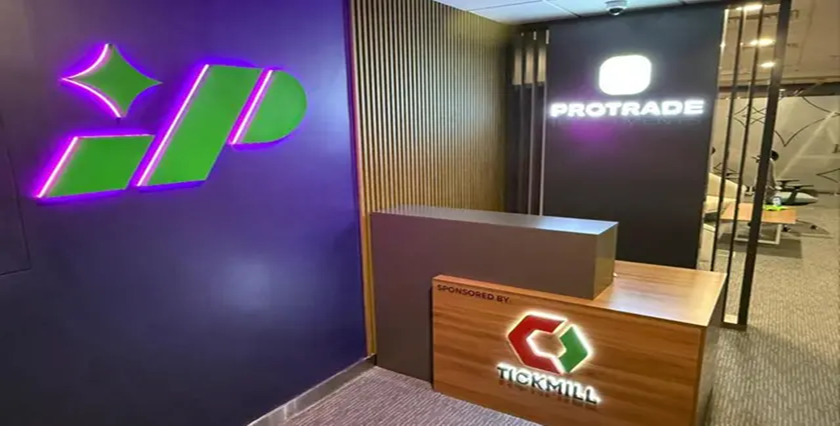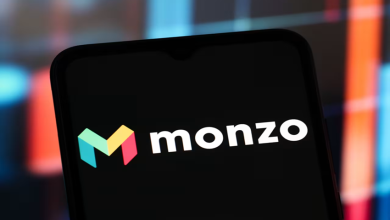Tickmill Taps Mashreq for Local Payments as Brokers Chase Gulf Market


Tickmill has partnered with Dubai’s Mashreq Bank to offer local payments to clients in the United Arab Emirates, giving the London-founded broker a stronger foothold in one of the Gulf’s most competitive trading markets.
The deal allows clients to fund and withdraw in dirhams through Mashreq’s rails, with transfers available in both AED and U.S. dollars. Tickmill said the arrangement will shorten processing times and cut reliance on third-party providers. “By introducing this local payment method, we are not only making it easier for our clients to fund their accounts but also reaffirming our commitment to providing them with secure, seamless answers,” said Mohamed Abdelbaki, Tickmill’s regional director.
For Tickmill, the partnership is part of a broader strategy to localise services across the Middle East. Founded in 2014, the group runs multiple regulated entities: a Financial Conduct Authority-authorised unit in the UK, a CySEC firm in Cyprus, and licences in Seychelles and South Africa. In the UAE it holds a Dubai International Financial Centre representative office, supervised by the Dubai Financial Services Authority since March 2023. That office can market services but does not hold client money; trades and accounts are handled through the group’s other entities. The Mashreq tie-in gives Tickmill an on-the-ground payments channel without crossing regulatory lines.
Mashreq, established in 1967 and controlled by the Al Ghurair family, has long been one of the UAE’s more digitally forward banks. It runs NEOPAY, a merchant acquiring platform it partly spun out in 2025 to DgPays and Arcapita in a $385 million transaction, while retaining a minority stake. The bank has also been among the ahead adopters of Aani, the Central Bank’s new instant payments system that enables 24/7 transfers across domestic banks. That infrastructure is raising expectations for near-real-time funding, making partnerships like Tickmill’s a logical extension of Mashreq’s strategy.
Competition in the Gulf has intensified as global brokers jostle for retail traders. eToro added dirham instant transfers via Lean Technologies, while MultiBank Group struck a payments deal with Mashreq last year. Tickmill opened a hub in Muscat in July 2025 through a local partnership with ProTrade, highlighting its ambitions beyond the UAE. Linking with Mashreq puts it on similar footing with rivals who have already embedded local rails.
The timing also reflects tighter oversight. The DFSA has made clear that representative offices cannot execute trades or custody client money. Aligning with a local bank ensures transfers remain compliant while still delivering a smoother experience for customers. In practice, a UAE client may initiate an AED transfer through Mashreq, which is then reconciled against an offshore Tickmill account, giving traders the feel of a domestic payment without breaching licensing rules.
For Mashreq, deals like this extend its reach into niche but quick-growing segments. Retail trading volumes in the Gulf have climbed sharply, driven by younger investors and volatile currency and commodities markets. Providing rails to brokers deepens the bank’s relevance in payments at a time when NEOPAY is being scaled under new investors and Aani is reshaping settlement speeds.
Tickmill’s founders, Estonian brothers Illimar and Ingmar Mattus, have built the group into a mid-tier broker with a presence in Europe, Africa and Asia. The Middle East has become the latest focus as global players race to offer localised products. For clients, the test will be whether a Mashreq connection really translates into quicker deposits and withdrawals compared with existing card or wallet methods.
The partnership highlights how much of the brokerage battle in the Gulf now revolves around payments rather than spreads or platforms. With local transfers becoming the baseline, firms unable to plug into instant rails risk losing traders to those that can.







